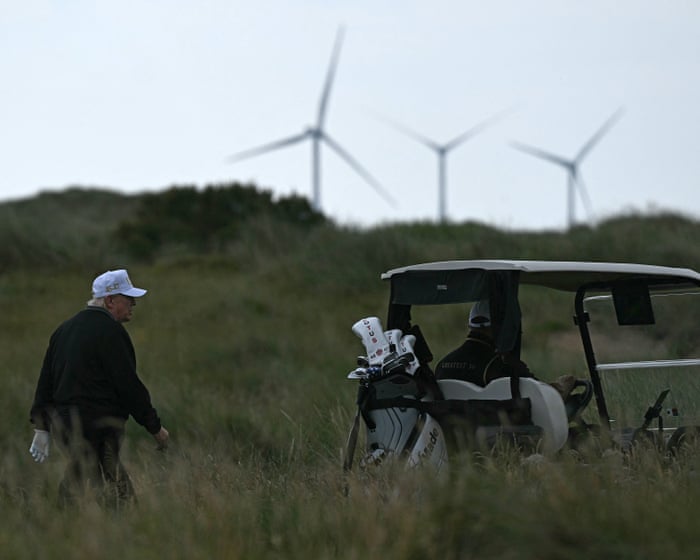Gwyneth: The Biography begins, fittingly, with the infamous vaginal egg—an episode that encapsulates Paltrow’s knack for selling questionable ideas to affluent women, using public ridicule as her marketing strategy. (For those who need a refresher: this was the $66 jade egg sold through her lifestyle brand Goop, which claimed various health benefits when inserted.) Amy Odell’s book promises insights into Paltrow’s relationships, family, career, and the rise of Goop, but it doesn’t take a strong stance on this or many of Paltrow’s other controversial moments. Instead, it offers a straightforward, earnest retelling of the actress and wellness guru’s life.
Odell mentions interviewing 220 people for the book, which makes you wonder how many had little of substance to share. To her credit, Paltrow’s inner circle is notoriously difficult to penetrate without her approval—Odell recounts how journalists attempting to profile Paltrow were often shut out, and she faced similar hurdles early in her research. The challenge only grows in the book’s second half, covering the Goop era, where many former employees were bound by NDAs, leaving those sections with even less juicy gossip than the first.
That said, the first half is engaging. Odell paints a vivid picture of Paltrow’s upbringing as the privileged yet somewhat neglected daughter of Hollywood power players—actress Blythe Danner and producer-director Bruce Paltrow. Danner is reserved and distant, while Bruce is more affectionate but still emotionally elusive. Odell revisits well-known anecdotes, like the Paris trip where Bruce told a young Gwyneth, “I wanted you to see Paris for the first time with a man who will always love you, no matter what.” (Paltrow has often cited this as proof of her father’s love.) A new, slightly unsettling detail emerges: Bruce once gifted his adult daughter lace underwear. It’s a small but striking addition in a book that otherwise recycles familiar material.
In 1984, the family moved from LA to New York, where Paltrow attended the elite Spence School. Despite feeling out of place among old-money peers, she formed a clique—one that may or may not have been responsible for drawing a penis on the library wall. It’s minor drama, but it adds flavor.
Odell delves deeply into the Williamstown Theatre Festival, a prestigious summer event in Massachusetts where Danner performed and later brought Gwyneth, first as an observer, then as an actress. These passages shine, capturing a world of theater where star actors and their privileged offspring mingle. A teenage Paltrow, entitled yet fiercely driven, even commandeered the assistant director’s seat without reprimand. By studying her mother onstage, she honed her craft.
The book is less about how Paltrow became a cultural icon and more about why she was elevated to that status in the first place. The Hollywood years follow…Everything gradually feels less fresh and more familiar as we revisit Paltrow’s roles in Emma, Shallow Hal, and Shakespeare in Love before landing on Harvey Weinstein. During the early days of #MeToo, Paltrow accused Weinstein of making unwanted advances. Odell references Jodi Kantor and Megan Twohey’s She Said, but there’s little new to uncover about a story already thoroughly reported. What remains is a rehash of well-known details—though there’s one amusing anecdote from that era: Paltrow allegedly mimed vomiting behind the backs of people she disliked, including Minnie Driver. (Team Driver, obviously.) An old friend also claims Paltrow “invented ghosting,” which seems plausible.
Then there’s Goop—a surprising revelation in the book, as I hadn’t followed its recent struggles. Founded by Paltrow in 2008, the company has been far less stable than its glossy image suggests. We know Goop settled a lawsuit over false health claims about vaginal eggs and faced rulings from the National Advertising Division. But as Odell notes, Paltrow’s “middling run as CEO” has left Goop without sustained profitability or a clear strategy, bouncing between her ever-changing ideas.
Here’s a telling detail: Paltrow is such a penny-pincher that she reportedly had Goop’s food editors cook for her after work under the guise of “recipe testing.” When she and Brad Falchuk were living apart, the editors even delivered meals to his place—no small feat in LA traffic. She also allegedly pressured vendors to donate services for her wedding in exchange for promotion.
The problem is that Paltrow isn’t compelling enough to be either charming or monstrous. She’s a decent actor and a mediocre businesswoman—Odell points out Kim Kardashian’s Skims has far surpassed Goop’s success. The real question isn’t how Paltrow became a cultural figure, but why she was ever elevated to that status. Odell doesn’t dig deep, settling for clichés like, “love her or hate her, for over 30 years, we haven’t been able to look away.”
At the very end, Odell draws a sharp parallel between Paltrow’s pseudoscience peddling and figures like RFK Jr. and Trump’s anti-vaccine health secretary—a sudden, more confident voice that hints at a far more interesting book. If only that energy had shaped the whole thing.
Gwyneth: The Biography by Amy Odell is published by Atlantic (£20). To support the Guardian, order your copy at guardianbookshop.com. Delivery charges may apply.



